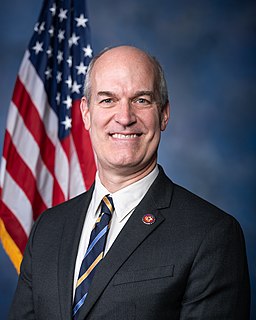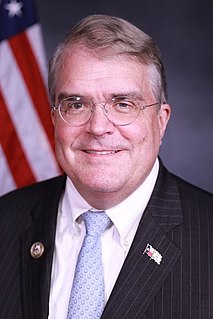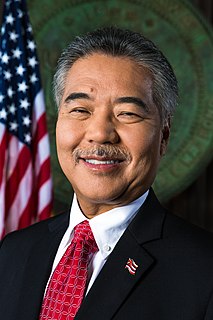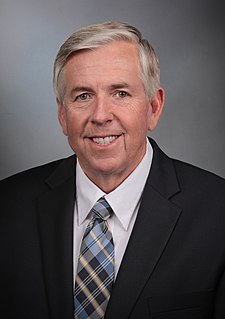A Quote by Rick Larsen
We need safe communities that are free from methamphetamine and a federal commitment to stand next to state leadership and law enforcement in the fight against this epidemic.
Related Quotes
To argue that it is unconstitutional for local law enforcement to be a legitimate partner in immigration enforcement is shortsighted. It is evidence of a lack of commitment to securing our borders and a lack of appreciation for the proper role of the states in supporting federal law enforcement priorities.
Since September 11th, federal terrorism investigations have resulted in charges against more than 400 suspects, and more than half those charged have been convicted. Federal, state, and local law enforcement have used the Patriot Act to break up terror cells in New York and Oregon and Virginia and in Florida. We've prosecuted terrorist operatives and supporters. These efforts have not always made the headlines but they've made communities safer. The Patriot Act has accomplished exactly what it was designed to do.
It is a serious undertaking and yes, we do need more fencing and we do need to use technology, and we do need more border control. And we need to have better cooperation by the way with local law enforcement. There are 800,000 cops on the beat, they ought to be trained to be the eyes and ears for law enforcement for the threat against terror as well as for immigration.
The importance of making sure that the sense of accountability when, in fact, law enforcement is involved in a deadly shooting is something that I think communities across the board are going to need to consider, we have a great opportunity, coming out of some great conflict and tragedy, to really transform how we think about community law enforcement relations so that everybody feels safer and our law enforcement officers feel, rather than being embattled, feel fully supported.
New Jersey has faced its own history of citizens demanding change and federal engagement in programs to address the needs of our community. We have also seen the success of law enforcement in our state when members work to listen to our communities and build a brighter future alongside our residents.

































